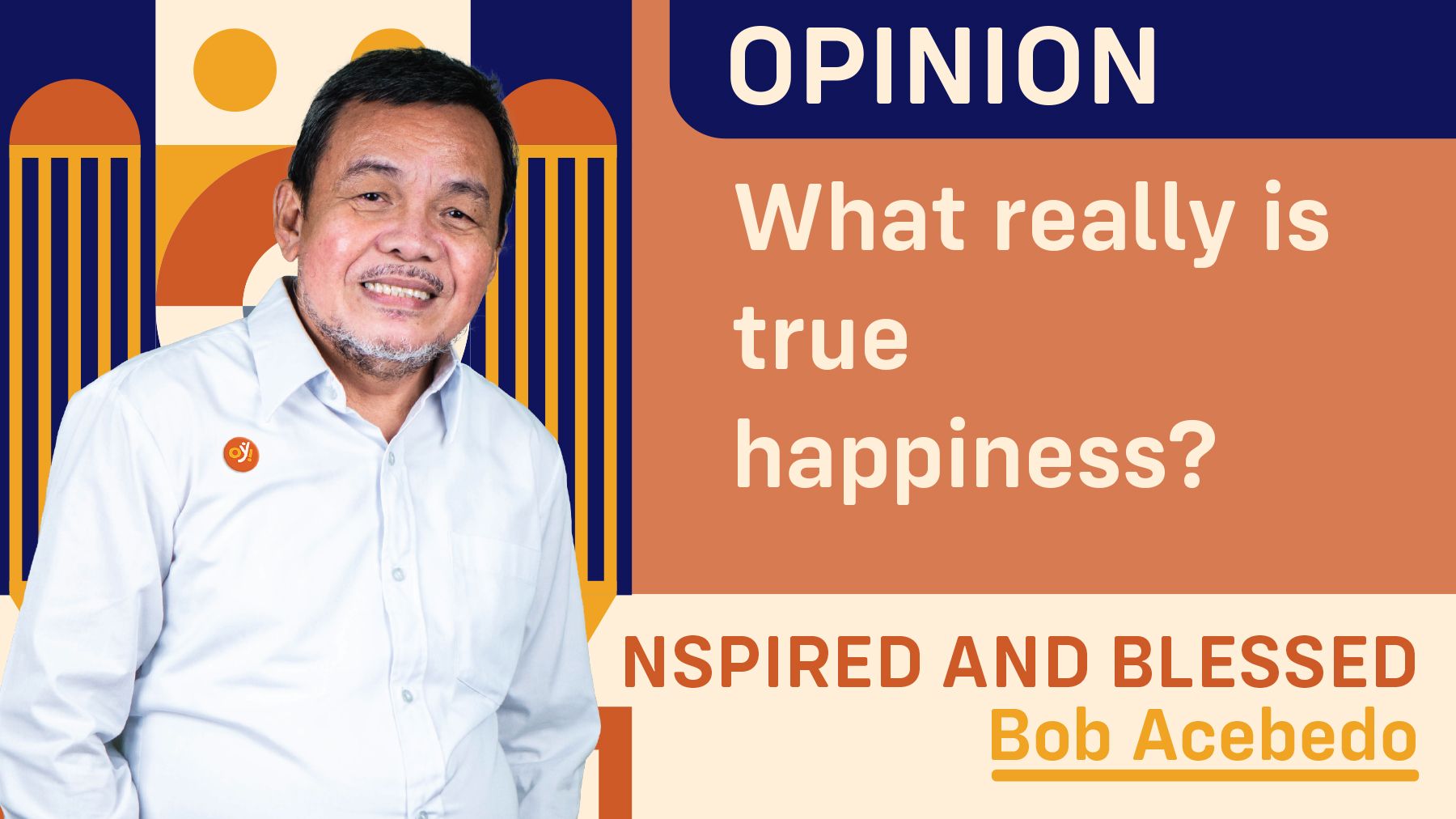We, humans, have always wrestled on the perennial mystery of HAPPINESS. Mystery, because in as much as it is given that happiness is commonly understood as “the state of well-being, joy, or satisfaction,” it is invariably problematic to capture its empirical plausibility, being clothed in subjective sources, outcomes, and their gradations – i.e. wealth, health, professional success, achievements, better social relationships, etc.
Democritus of ancient Greece was the first to argue that happiness does not
result from fate, good luck, or other external circumstances, but is rather a
subjective outlook or is dependent on one’s mind.
Socrates and Plato put forth the objective notion of happiness as a “secure
enjoyment of what is good and beautiful.”
Aristotle, founder of Lyceum institute in Athens, introduced the theory of
happiness called “eudaimonia” or “an activity, of ratio0nal principle, that is
expressing virtue”:
Then, there was the Cyrenaic (founded by Aristippus of Cyrene) philosophy of happiness based mainly on hedonism, which contended that: “The only intrinsic good is pleasure, which meant not just the absence of pain but also of positively enjoyable sensations.” This progenerated the aphorism of “eat, drink, and be merry for tomorrow we die.”
In the middle ages, Christian philosophers posited that while virtue is essential for a good life, it is not sufficient for complete happiness, adding that perfect happiness is in the hands of God, and that while earthly happiness is imperfect, heaven promises eternal and perfect happiness.
During the Age of Enlightenment, the “utilitarians” suggested that happiness is “the cardinal goal of human striving which is the maximum surplus of pleasure over pain.”
Now, in our contemporary era, modern psychology describes happiness as a subjective well-being, or “people’s evaluations of their lives, and encompasses both cognitive judgments of satisfaction and affective appraisals of moods and emotions” (Kesebir & Diner, 2008).
However, amid the foregoing ruminations, for me, regardless of what the determinants of happiness are – wealth; fame, power, glory, or honor; friends and social relationships; religion; family; etc. – profound or true happiness can be approximated according to the following bottom-lines.
One, it is more internal than external. Lasting happiness is found in the heart, than in the external “possessions and positions.”
Two, it is characterized with “acceptance” of what reality is, of what is “here” and not “there.” Acceptance paves the way for contentment.
Three, it profoundly lies in finding and embracing the meaningfulness of every situation. By finding meaning – of yourself, your life, your relationships, your aspirations – you will come to realize your purpose.
Lastly, and most importantly, real happiness is found in the mystifying experience of LOVING – yourself, your family, your significant others or social relationships, and your God!
St. Teresa of Calcutta cannot be more apt when she said: “At the end of life, we will not be judged by how many diplomas we have received, how much money we have made, how many great things we have done, but by how much we have LOVED.”
#WeTakeAStand #OpinYon #OpinYonColumn #ColumnbyBobAcebedo #InspiredAndBlessed
